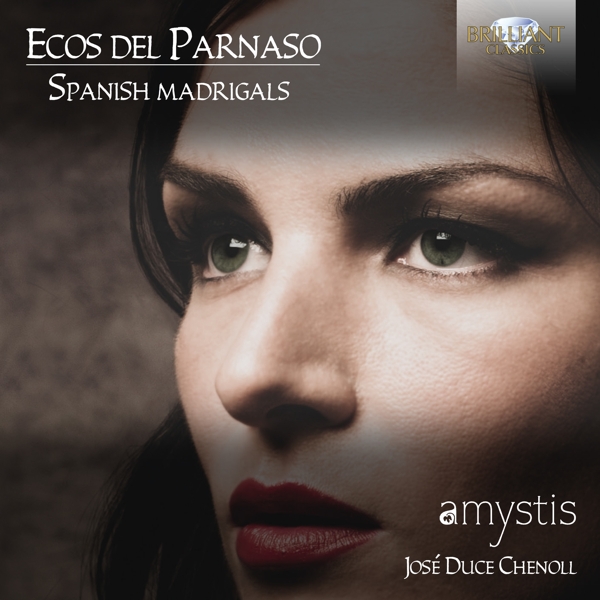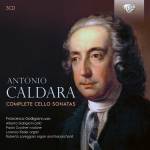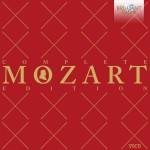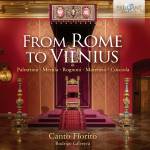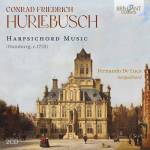Weitere Produkte von Coro Amystis |
Mein Konto
|
Anmelden
|
Deutsch |
€ Euro |
erweiterte Suche
|
Alle Kategorien
BEST SELLER
500
NEUHEITEN
7.711
ANGEBOTE
216.429
Bisherige Auswahl:
keine Auswahl
Ergebnis einschränken:
TECHNIK
244.715
MUSIK
719.140
Sinfonische Musik
12.963
Sonstige Klassik
4.158
- Klassisches Musical
17
- Madrigal
28
- Oper
2.449
- Operette
96
- Schauspielmusik
9
- Sonst.weltl.Musik
123
- Vokal m.Ensemble
91
- Weltliche Kantate
60
- weltl.Mittelalter
21
|
Musik Filme Hörbücher Merchandise Kinder |

